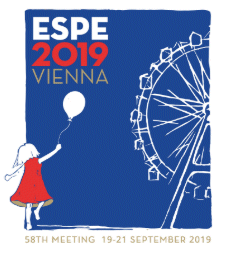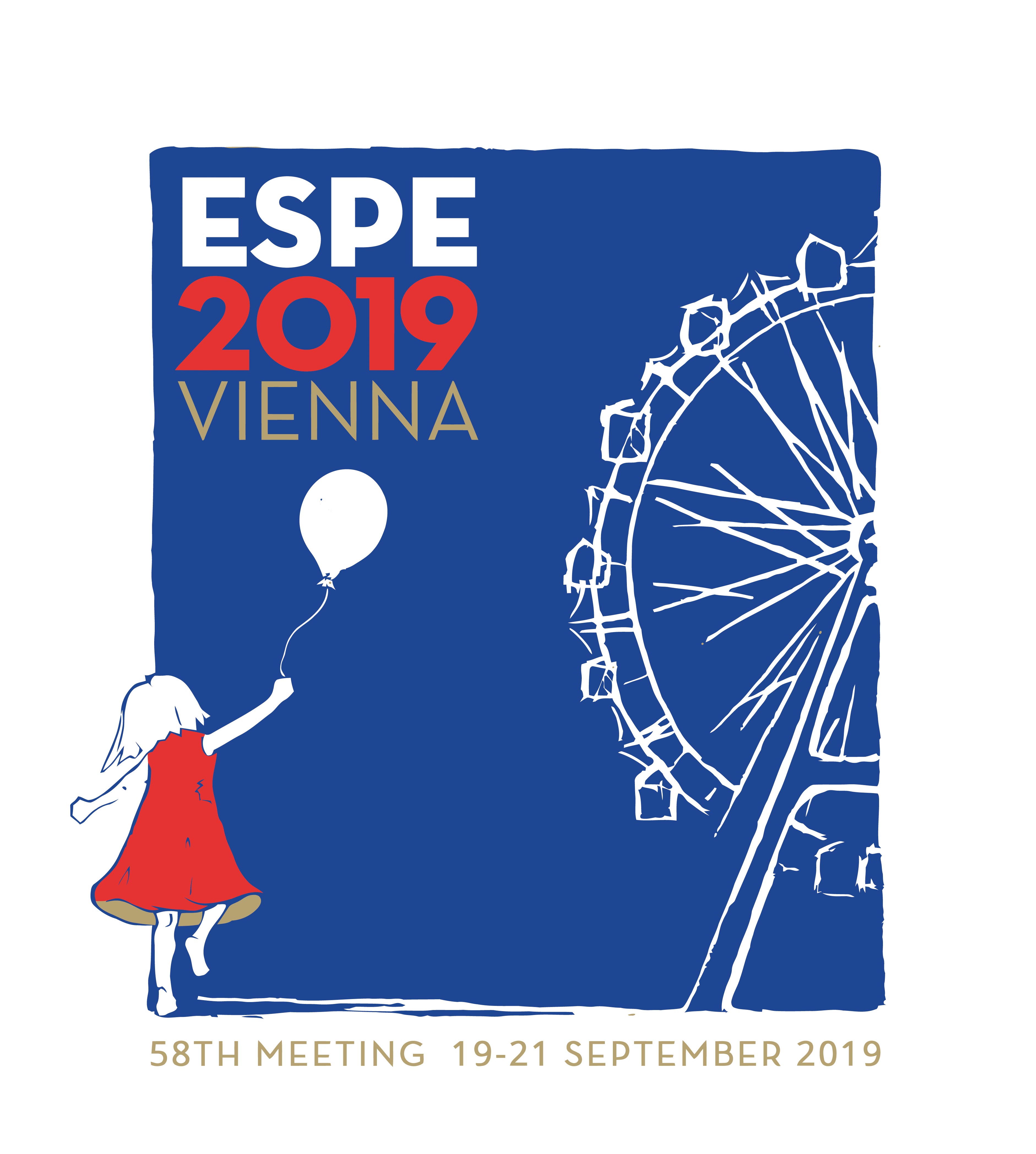
58th Annual ESPE (ESPE 2019)
Vienna,
Austria
19 Sept 2019 - 21 Sept 2019

The theme of this year’s meeting is Variety and Variation in Paediatric Endocrinology. Join us in Vienna to explore the diversity we encounter in our discipline and the care that we have to exercise when using the term “normality”. Whilst gaining an update on the latest treatments, clinical best practice and cutting edge research in the field of paediatric endocrinology.



